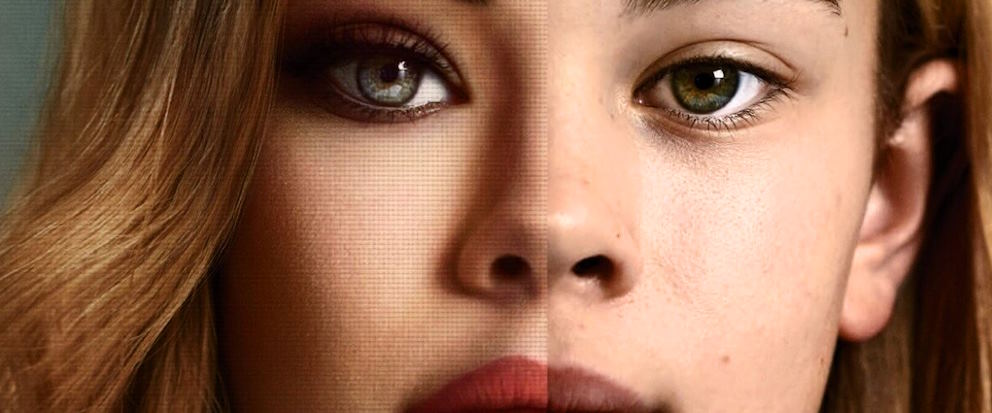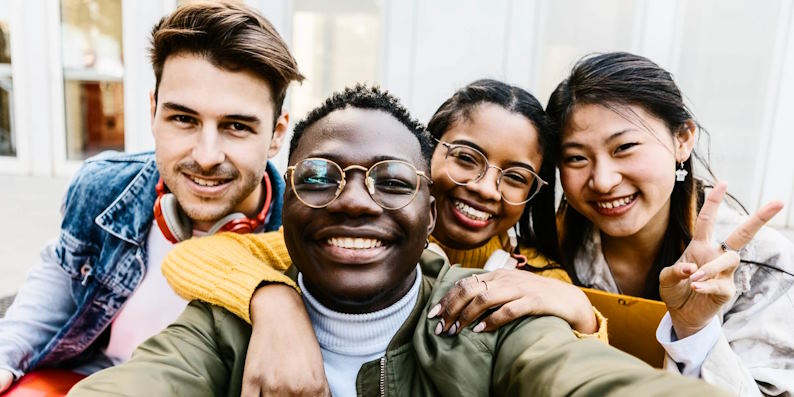
The digital age has ushered in a revolutionary era for the beauty industry, transforming how individuals engage with and redefine beauty standards. Online communities and beauty movements, fueled by social media platforms, have become influential forces in shaping perceptions of beauty. This article delves into two essential aspects of beauty in the digital age: the impact of hashtag campaigns and challenges and the transformative potential of digital activism in shifting beauty norms.
Hashtag Campaigns and Challenges
Social media platforms have become thriving hubs for beauty enthusiasts to connect, share, and challenge conventional beauty norms through hashtag campaigns and challenges. These digital movements leverage the power of collective participation to redefine beauty on a global scale.
Hashtag campaigns, such as #BeautyInAllSizes or #FlawlessFriday, encourage individuals to share unfiltered and unretouched images, embracing and celebrating their natural features. These campaigns foster inclusivity by showcasing diverse body types, skin tones, and beauty styles, challenging the narrow ideals that have dominated traditional media for decades.
Beauty challenges, like the makeup-centric #NoMakeupChallenge or the hair-focused #NaturalHairChallenge, encourage individuals to break away from traditional beauty expectations and celebrate their unique features. These challenges empower participants to embrace authenticity and redefine beauty on their terms.

Shifting Beauty Norms Through Digital Activism
Digital activism is pivotal in reshaping beauty norms by addressing societal issues and fostering a more inclusive and accepting environment. Online communities are becoming platforms for meaningful discussions about representation, diversity, and the impact of beauty standards on mental health.
Through digital activism, individuals challenge harmful beauty practices and advocate for change. Social media influencers and activists use their platforms to highlight issues like colorism, ageism, and body shaming, fostering awareness and inspiring conversations that contribute to a more inclusive beauty landscape.
Moreover, beauty brands are increasingly aligning with digital activism, using their influence to drive positive change. From supporting charitable causes to adopting more inclusive marketing strategies, brands recognize the importance of contributing to societal discussions around beauty norms.
In conclusion, beauty in the digital age is characterized by the influential role of online communities and beauty movements. Hashtag campaigns and challenges empower individuals to redefine beauty on their terms, celebrating diversity and authenticity. Simultaneously, digital activism addresses societal issues, fostering a more inclusive and accepting beauty landscape.
